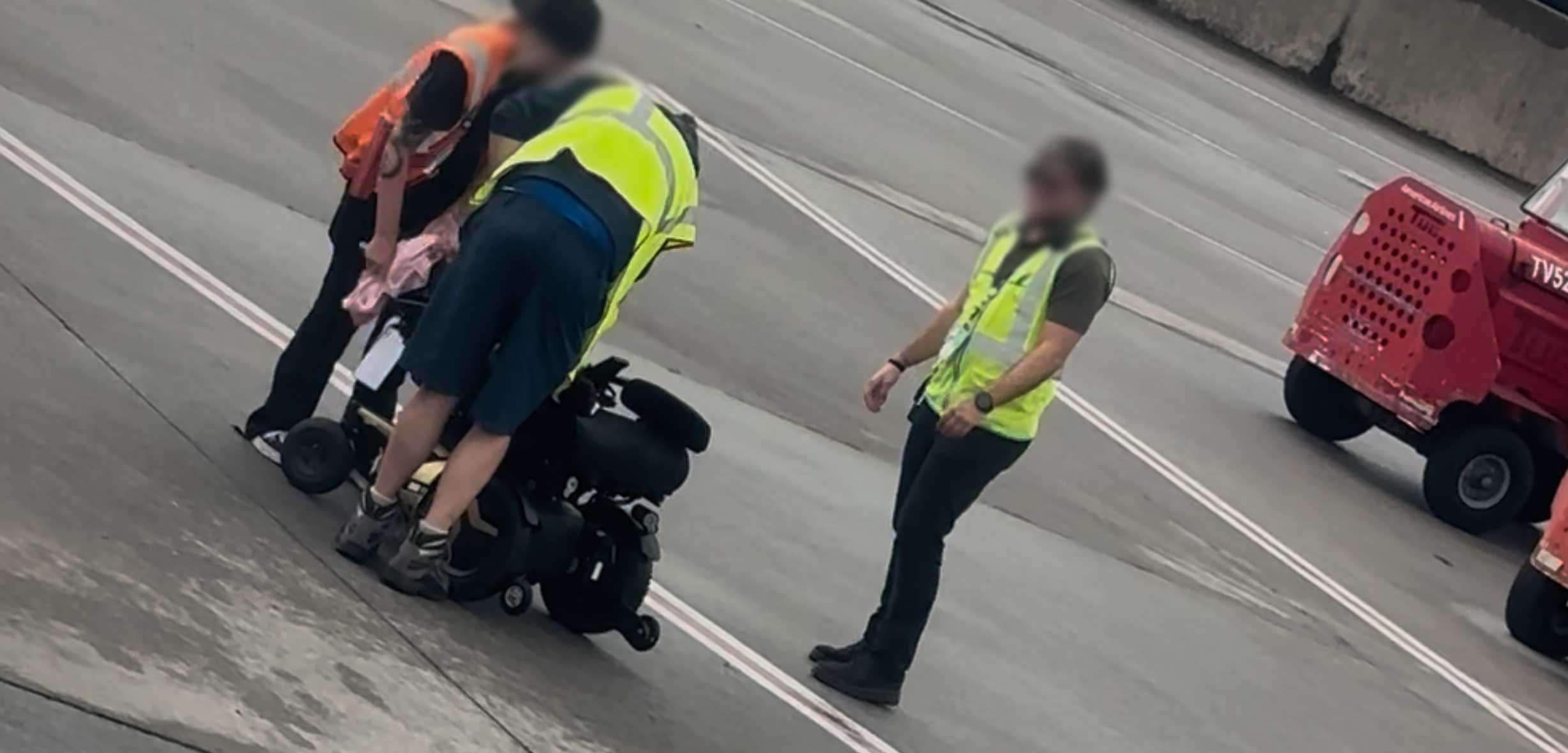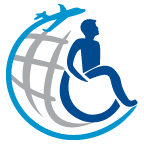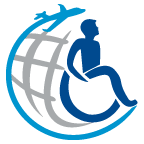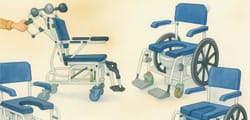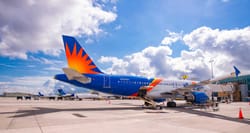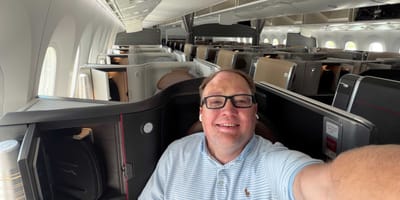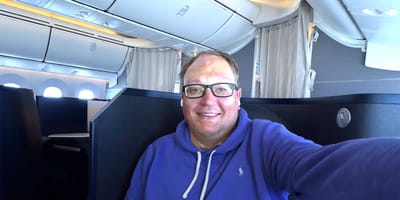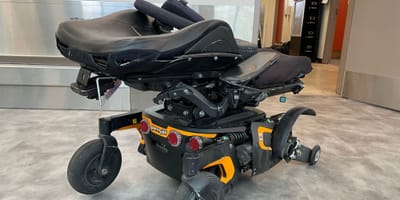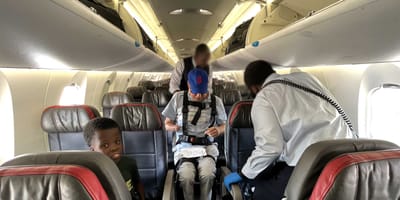Travel is full of unexpected surprises, and few trips go off without a hitch. But disabled travelers are much more likely to encounter issues because the world was designed for nondisabled people. In the United States and in many other countries around the world, equal access is a civil right. And so, when an airline, hotel or other travel provider mistreats you, I think you should get a little something extra to go along with their seemingly insincere (canned) apology.
Welcome to the Compensation Clinic, a blog series where I’ll discuss the issues myself and other disabled travelers have faced, how those issues were resolved and what compensation we did (or didn’t) receive for the inconvenience and our lost independence, time, wages, etc. The goal is transparency — If you’d like to share your own compensation story, send an e-mail to mailbag@wheelchairtravel.org.
In the latest ranking of airline wheelchair damage, American Airlines ranks 8th — only low-cost carriers Spirit and Frontier Airlines are more likely to return your wheelchair damaged. I ran into the American Airlines wheelchair damage buzzsaw on this trip, but my issues began with a service failure in the airport.
For context, this was my travel itinerary:
Airline: American Airlines
Route: ATH-JFK-DCA-TYS — Athens, Greece to New York, NY to Washington, D.C. to Knoxville, Tennessee
Flight Dates: May 12-13, 2025
What Happened #1: Denial of Preboarding in Athens, Greece
I approached the gate in Athens and requested to pre-board the aircraft. On this particular flight, the Boeing 777 aircraft was parked at a remote stand rather than a jet bridge, meaning that passengers would be transported to the plane by bus. Gate agents were friendly and contacted the airport assistance contractor to request the AbuLift or "High Loader" — a specialized truck that raises disabled passengers from the ground to the aircraft door for level-entry boarding.
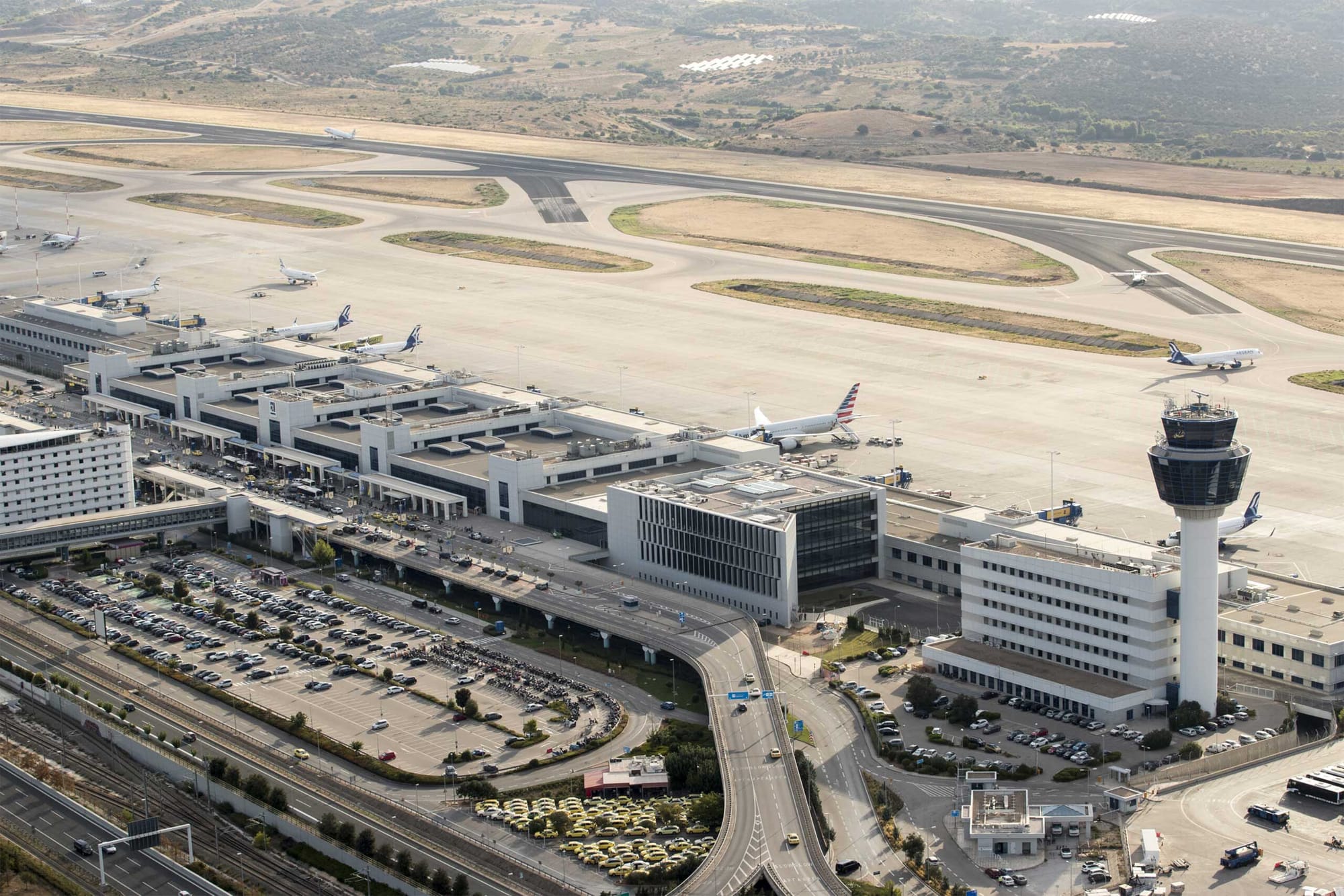
There were several disabled passengers on the flight, and it took some time to load us all into the AmbuLift. The buses transporting nondisabled passengers were dispatched ahead of us and, when we arrived to the aircraft, everyone had already boarded.
In my communication with American Airlines Customer Relations, the carrier denied that a violation had occurred and wrote, "American Airlines did not violate the regulations in Athens because the gate representative asked if it was preferred to board first or last, first was chosen and Highloader called, arriving within 5 minutes and boarding was completed by the gate representative. Nonetheless, we apologize for any discomfort or inconvenience you experienced."
Here's what American Airlines does not understand: scanning a passenger's boarding pass or placing them on a bus or AmbuLift does not qualify as "boarding" or "preboarding." Here's how the Department of Transportation's Aviation Consumer Protection Division defines preboarding under the Air Carrier Access Act (emphasis mine):
It is the Enforcement Office’s view that section 382.93 requires carriers to board passengers with disabilities who self- identify at the gate as needing to preboard for one of the listed reasons to board the plane before all other passengers, including first class passengers, elite-level passengers, members of the military, passengers with small children, etc. The purpose of section 382.93 is to afford passengers with disabilities who are entitled to preboard enough time and space to board, stow their accessibility equipment, or be seated safely.
BOARD THE PLANE. Not the high loader. American Airlines considers a passenger "boarded" once the boarding pass has been scanned, but scanning a boarding pass is not the definition of preboarding for disabled passengers. A violation did occur, despite the airline's claims to the contrary.
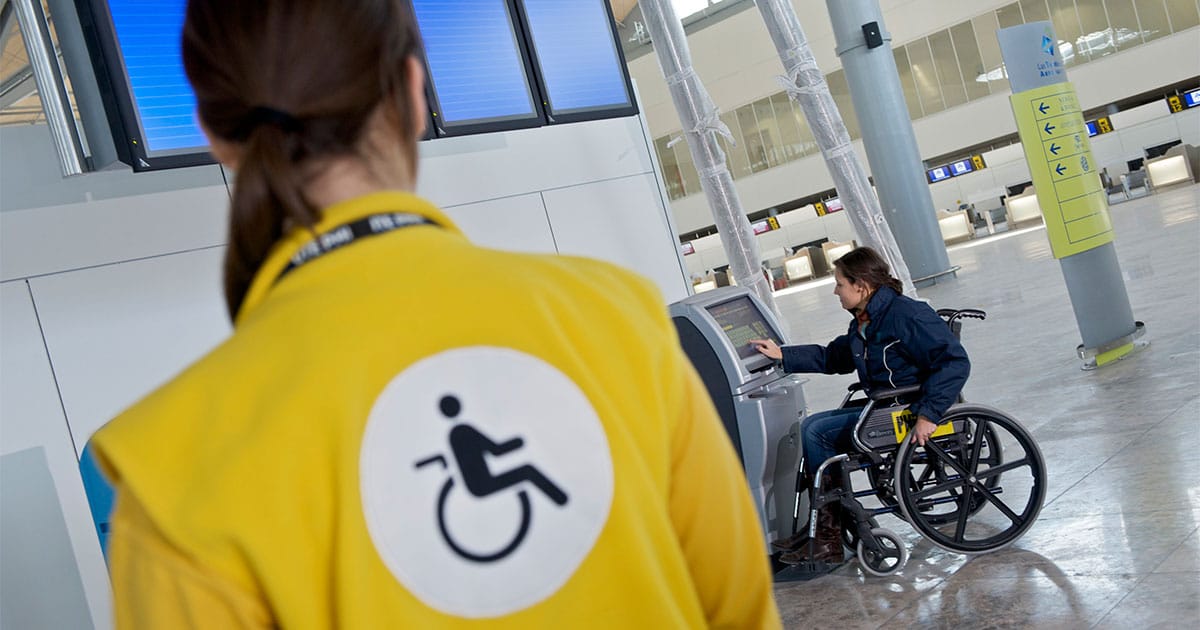
What Happened #2: Wheelchair Left in a D.C. Rainstorm
Just prior to boarding the final leg of this itinerary at Washington, D.C.'s Reagan National Airport, it began raining — heavily. When I turned the wheelchair over in the jet bridge, I expected that staff would cover it during loading to keep it dry.
Instead, I watched in horror as my wheelchair was moved out onto the ramp and left to sit in the rain. Unprotected. It was pouring.
During the flight of slightly less than two hours to Knoxville, I sat in frustration. I knew my wheelchair, its seat cushion, backrest and perhaps electronics would be inundated with water. Sure enough, when we arrived in Knoxville, that is just what I and the airline's staff found.
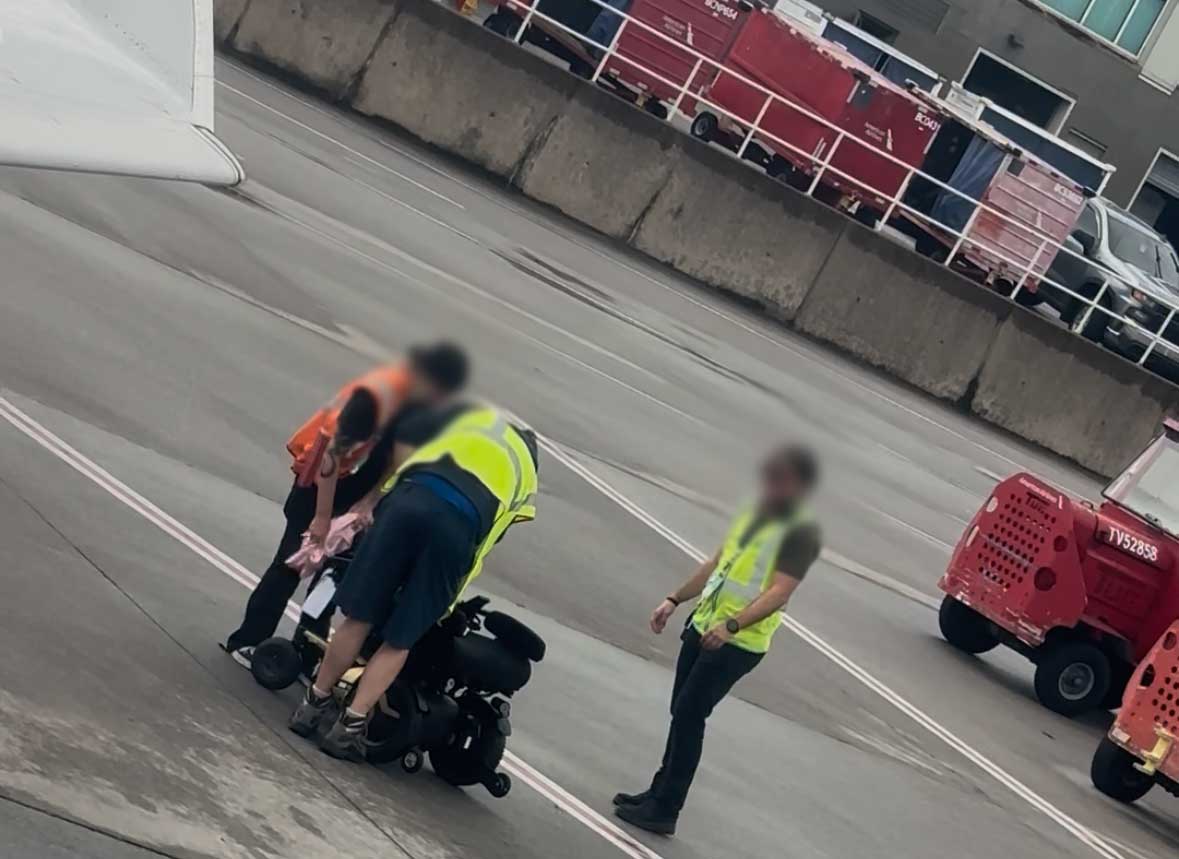
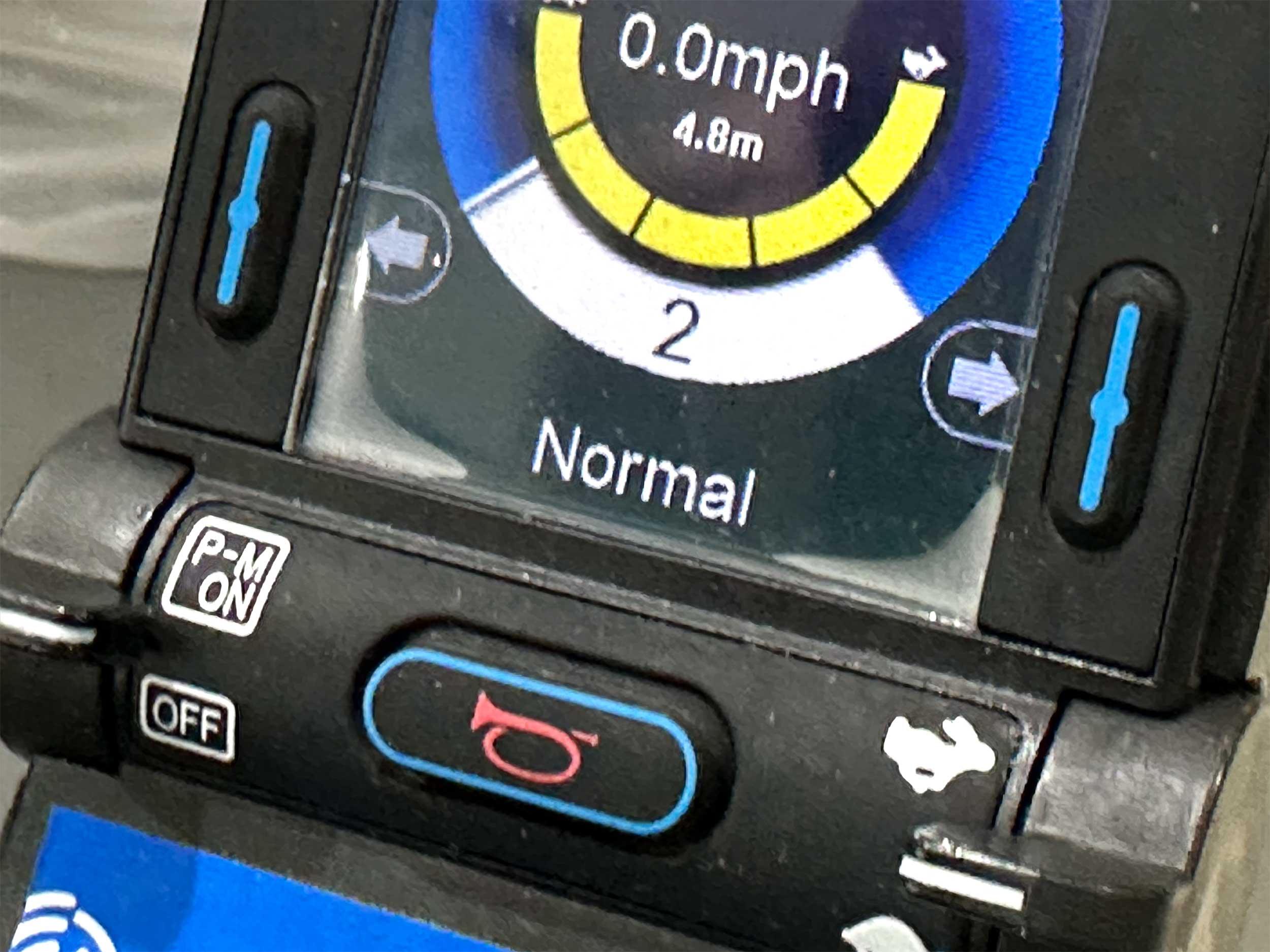
The wheelchair was so visibly soaked that the ground crew was observed drying it off with a towel and pressing hard into the seat cushion to remove water. Despite their best efforts, it was still soaked. A kind gate agent loaned me her seat cushion, which I placed on top of my own.
Some water had leaked into the screen of the joystick controller, but thankfully dried in the Tennessee heat before any lasting damage could occur. I filled a claim for the damaged wheelchair and, although it has not yet been assessed due to my busy travel schedule, I am expecting a full check-up and a new seat cushion (rainwater has left it smelling musty, and there is no good way to clean a water-logged memory foam cushion).
The airline did accept responsibility and admit that a violation had occurred, writing the following:
We take our responsibility to return wheelchairs, other mobility aids, and other assistive devices to our customers in the condition in which we received them very seriously. Though we do our best to avoid such problems, we are sorry to hear that in this instance an alleged regulatory violation has occurred as your wheelchair was not returned in the same condition entrusted to us. Please accept our sincerest apologies for disappointing you on this occasion.
Carriers, including American Airlines, have in the past refused to accept that they are responsible for keeping passengers' wheelchairs dry, so it is at least refreshing to see an admission of guilt in this case.
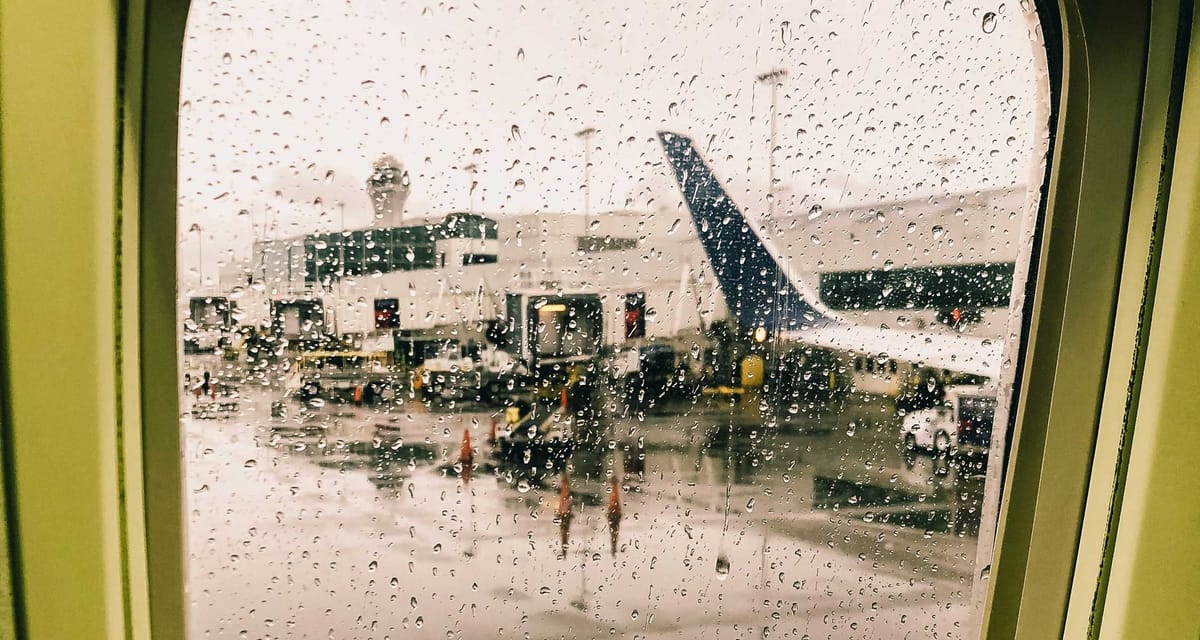
Compensation Result
It took me some time to get in touch with American Airlines Customer Relations as I left multiple voicemails and my calls were not returned. I eventually wrote to the airline and received a reply just this week, parts of which I have included in this article.
The representative, who had refused to accept that I had been denied preboarding despite being the last person to board the airplane, offered 5,000 frequent flyer miles "as a tangible apology, and in hopes of restoring your confidence in us."
In reading reports of compensation extended to nondisabled customers in online forums, I noted that passengers have received 7,500 miles or more for minor delays or broken tray tables. What does that say about how seriously (or unseriously) the airline takes disability service failures and damage to mobility equipment? I'll leave you to draw your own conclusions.
Given that the airline refused to accept responsibility for a denial of preboarding, I will be filing an ACAA complaint with the Department of Transportation.
Was 5,000 miles enough?
How much have you been compensated for airline service failures?
Let me know in the comments below!

